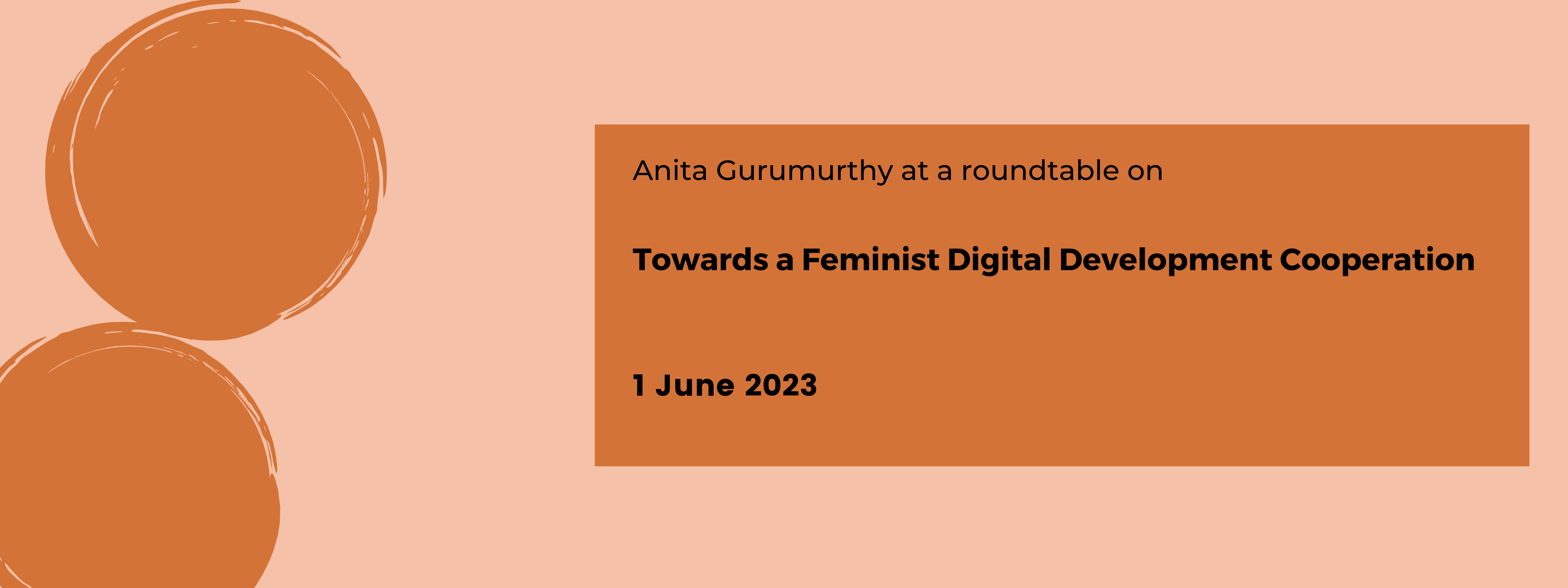
The betterplace lab organized a roundtable on 1 June 2023 to explore collaboratively with 16 representatives from civil society organizations and academia, as well as individual activists, how the German Federal Ministry of Economic Cooperation and Development (BMZ) should adapt its future digital policy for it to be truly feminist, intersectional, post-colonial, and anti-racist.
In March 2023, the BMZ launched its strategy for a feminist development policy. The vision of feminist development policy is the full, equal, and meaningful social, political, and economic participation of all people – regardless of gender, sexual orientation, age, disabilities, ethnic and religious-ideological affiliation, or other characteristics. The strategy also touches upon various technology and digital transformation-related aspects and fields of action: closing the gender digital divide, overcoming and preventing online gender-based violence, and strengthening the participation of women and girls in all their diversity and marginalized groups in the IT sector, among others.
The betterplace lab was commissioned by the Deutsche Gesellschaft für Internationale Zusammenarbeit (GIZ) GmbH on behalf of BMZ to write a research paper that brings together gender equality and digital technology in the context of the newly launched feminist development policy. In doing this, the lab adopted a collaborative and participatory approach and included various perspectives and voices on the topic (during the roundtable on 1 June 2023), including IT for Change’s Executive Director, Anita Gurumurthy.
At the roundtable, Anita highlighted the following concerns vis-à-vis BMZ’s feminist development policy:
- Transformative digitalization must be based on a wider ecosystem approach in which the rules of the digital economy and society are well aligned to respect rights, equity, and inclusion.
- There is need for allocation of resources towards digital transformation in international development assistance commitments.
- Developed countries need to commit to concrete Official Development Assistance targets in order to ensure universal access to data infrastructures for all women and girls.
- Digital transformation to address gender development requires dedicated attention to the preservation of collective rights in data resources of all peoples.
Read the complete text of Anita’s inputs here.
